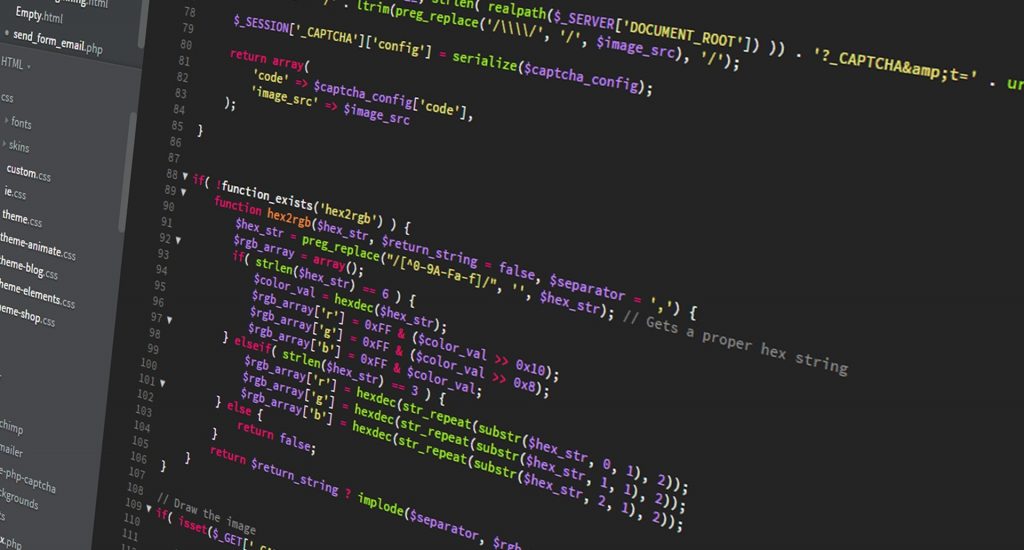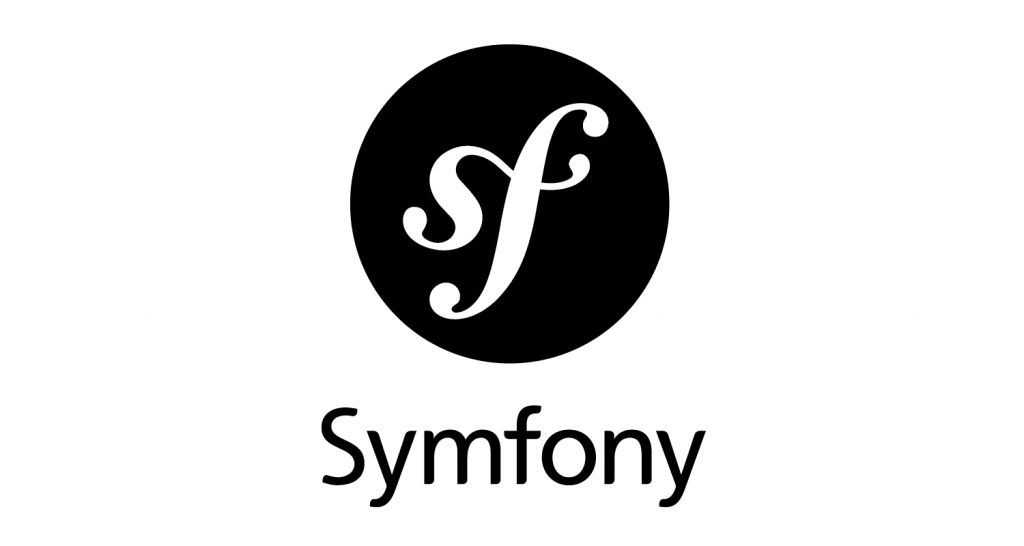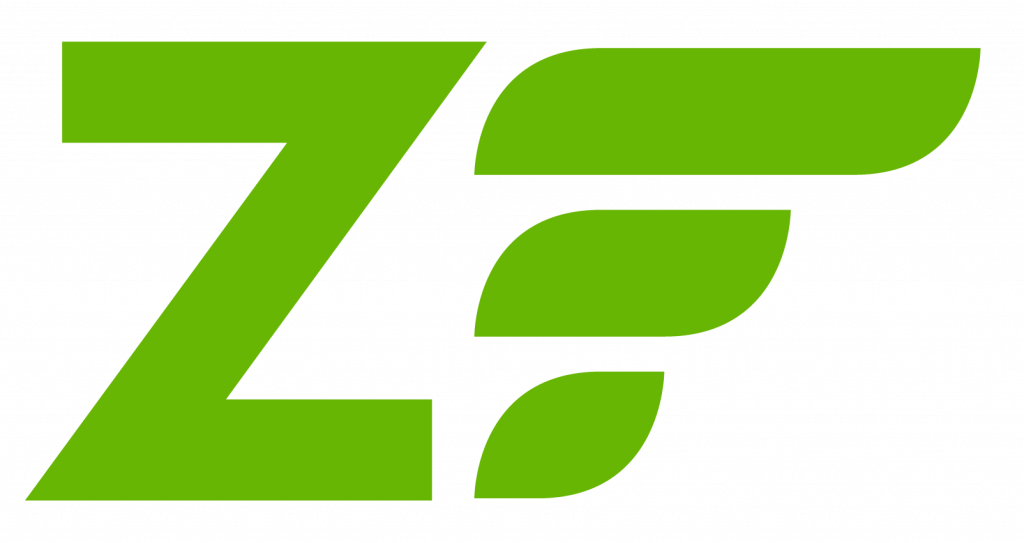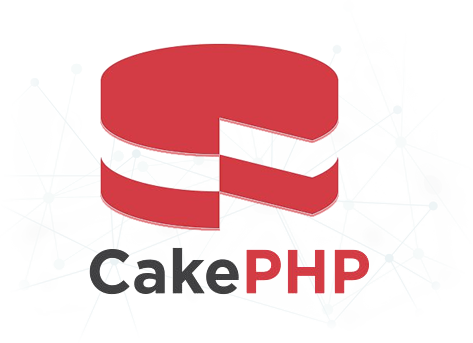Popular PHP frameworks
Karolina Walczewska , 2 September 2020

PHP is a widely popular open-source server-side scripting language. According to the latest data, nearly 80% of all websites currently use this popular language. Among them, there are sites known to everyone, such as Wikipedia, Facebook, and Tumblr.
PHP is mainly used to create dynamic websites that support large amounts of data. They include, in addition to discussion forums, social networking sites and email applications. Thanks to its simplicity, free availability, and the large community of developers working with it, PHP enjoys a large market footprint these days. If you want to find out more about PHP, check out our PHP technology page - click here.
As one of the most popular server-side programming languages, PHP enjoys numerous development frameworks. These are collections of tools, libraries, and scripts that accelerate time to delivery and facilitate solutions to many of the basic complications programmers face. Thanks to these frameworks and a ready-made project database, we do not have to worry about such things as database support or session management. PHP frameworks provide a basic structure that speeds up and streamlines the process of creating web applications. This enables the developer to focus more on implemented functionalities, and not on repetitive tasks. Efficiency is the main advantage of using a framework because the development of pages means simply less time spent writing code.
Currently, there are several interesting options on the market when it comes to PHP frameworks. Below we present the most popular of these.
1. Laravel
Laravel is the most popular of all available PHP frameworks. Although it is relatively young (introduced to the market in 2011 by Taylor Otwell), it gained a lot of users because of its simplicity and programmer-friendly structure. Laravel is an open source framework available on Github so anyone can use it freely. It provides a comprehensive set of tools to help in deploying and maintaining an application and to simplify the development process. Laravel supports processes such as caching, authentication, and routing. Moreover, it is based on the MVC (Model-View-Controller) architectural pattern. Laravel was used to build such web applications as Laracasts, Fox47, Startups, and Bonappetour

2. Symfony
Symfony, like Laravel, is also based on the MVC design pattern. It is one of the fastest PHP frameworks, so it is used to create many applications where performance is key. It is compatible with all standards and patterns of building web applications. Symfony as a framework adapts to needs. Thanks to dependency injection and the Event Dispatcher component it is very configurable. It can also be used as a micro-frame to implement specific functionality in a larger project. Symfony uses a technology called scaffolding to handle databases. This popular framework has been used in the development of websites such as BlaBlaCar, DocPlanner and Spotify.

3. Yii
Yii is another popular PHP framework due to its ease of configuration. It is a component-based, highly efficient framework for creating modern web applications. It automates the generation of many files and objects to expedite development, including basic issues such as authorization or caching. Yii implements MVC, caching, authentication, scaffolding, and testing support. This framework is especially suitable for creating high-traffic applications. Among the web applications for which it is best suited are discussion forums, social networks, and content management systems (CMS). Many of the projects created with Yii can be viewed here.

4. Zend
The Zend framework is a set of universal PHP libraries. In comparison to the above-mentioned, it is a slightly more complex framework. It is object oriented and, like Yii, highly configurable. Its offer includes over 50 modules divided into functional categories, e.g. a module responsible for data service or a web services module (support for network services). These modules extend the scope of operation of a given web application and also enable automation and improvement of programming work. Zend offers API support for many different providers such as Google and Yahoo! Distinguished employers of this framework include none less than giants such as BBC and BNP Paribas.

5. CakePHP
CakePHP is a good framework for junior developers as it facilitates building simple web applications while requiring minimal code. CakePHP uses many well-known design patterns such as MVC, Association Data Mapping, and Active Record. CakePHP was the first PHP framework on the market that implemented the MVC (Model-View-Controller) pattern. The MVC architecture facilitates the organization of the structure of a given system, ensures code transparency and prepares it for future system expansion. Furthermore, CakePHP uses scaffolding technology which provides easy usage of the database. Many functions such as caching, validation and authorization are built into this framework. Today CakePHP is employed by thousands of websites and companies located around the world. Among them, companies such as BMW and Hyundai stand out. A longer list can be found here.
